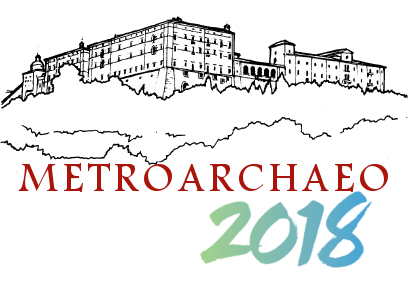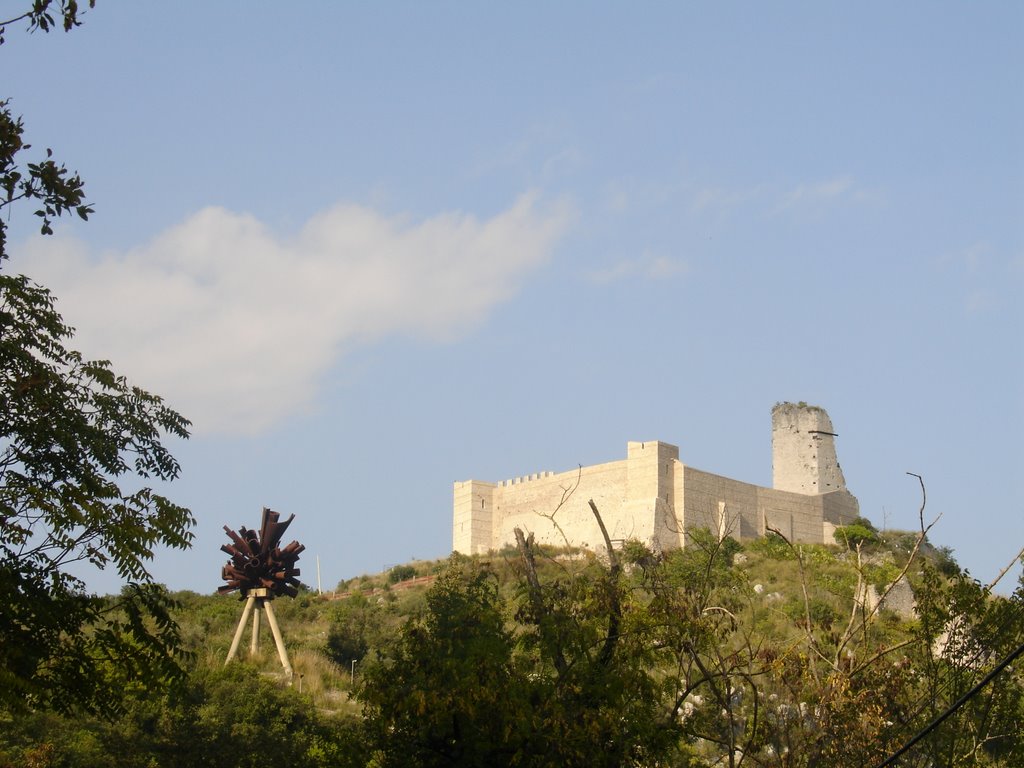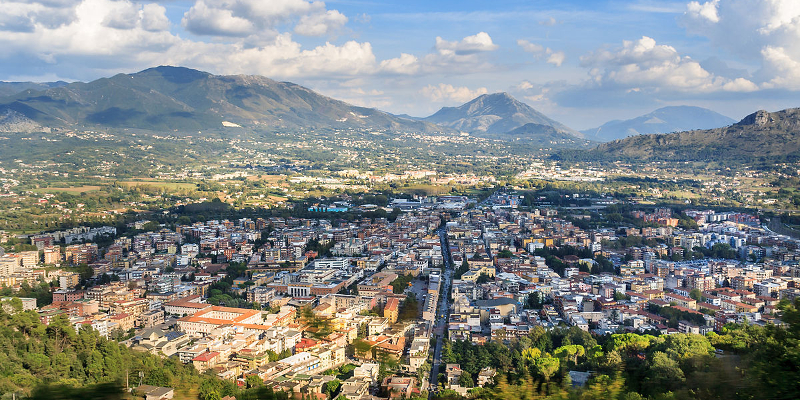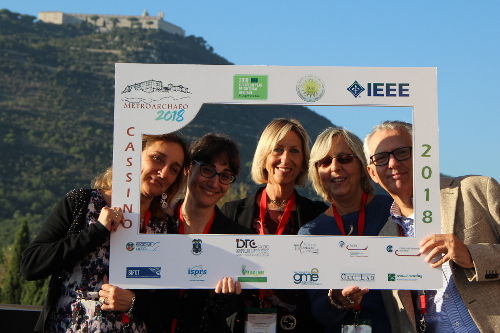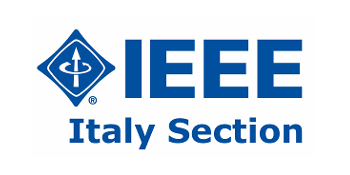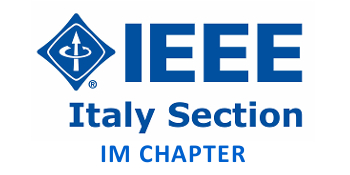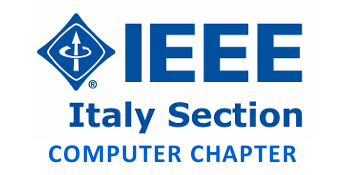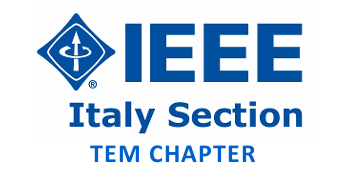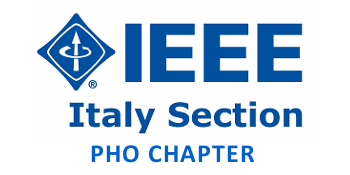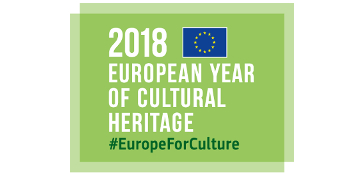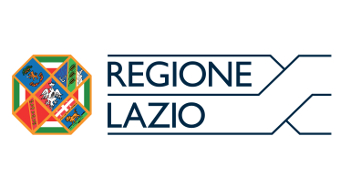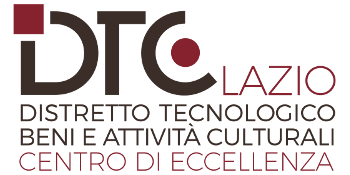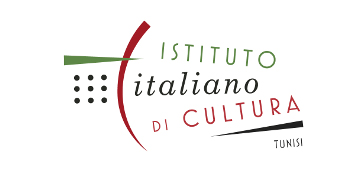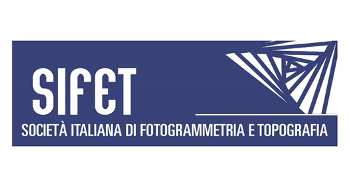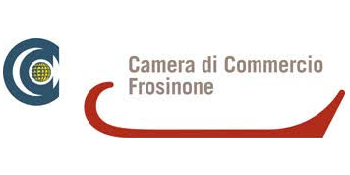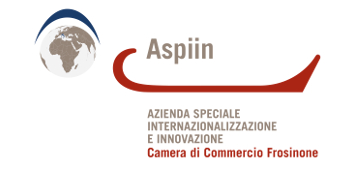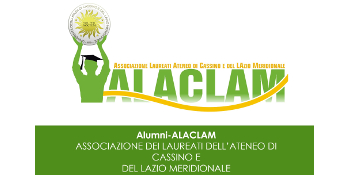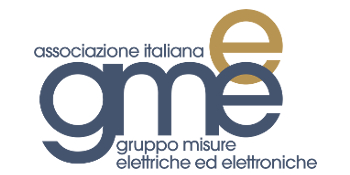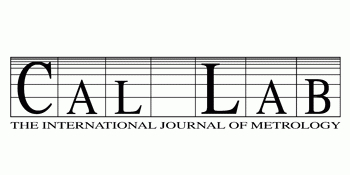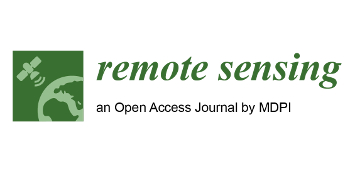Technological information and learning patterns in pottery production
ORGANIZED BY
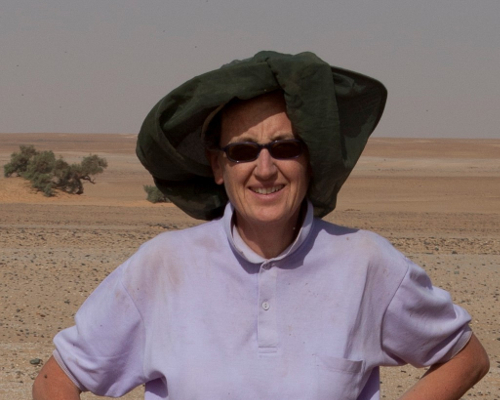
Elena A. A. Garcea
University of Cassino and Southern Latium, Italy
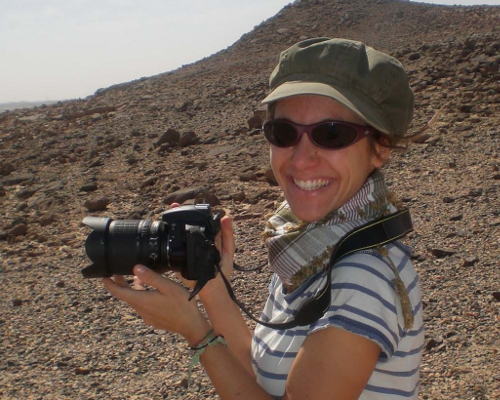
Giulia D'Ercole
Ludwig Maximilians-University Munich, Germany
ABSTRACT
The invention of pottery is the first case in human history of manufacturing an artefact by transforming a raw material with certain physical and chemical characteristics − clay − into a product − ceramic − with new and different characteristics. Pottery is also a class of artefacts that has considerably changed in both technology and style over time and space, so that the many technological and stylistic choices adopted in the manufacturing sequence of a vessel do not simply have an aesthetic or functional value but reveal a cultural significance.
In this session, by using archaeometric analysis, we aim to retrace some of the main technological stages in the history of ceramic production, starting with the appearance of the first earthenware containers until the organisation of pottery production in specialised handcrafts and the introduction of wheel technology. These phases of change or technological innovation on the one hand can be interpreted as the response to ecological, environmental, economic and social transformations. On the other hand, cultural and ideological variables influence the adoption of given technological choices and may contribute, according to diverse learning patterns, to the change, or alternatively to the continuity, of certain ceramic traditions.
Scholars working on pottery technology from different geographical, chronological and cultural contexts are invited to this session to discuss these topics together. The discussion is open to the latest analytic methods and archaeometric diagnosis techniques for studying pottery provenance and manufacturing technologies.
ABOUT THE CONVENERS
Elena A.A. Garcea is Associate Professor in Palaeoethnology at the University of Cassino and Southern Latium, Italy. She has undertaken fieldwork and has coordinated archaeological research in Sudan, Libya, and Niger since 1986. Her research interests span from the Middle Stone Age and the spread of early anatomically modern humans out of North Africa to the shift from hunting-fishing-gathering to pastoralism, sedentism/mobility dynamics, the emergence of complex societies, and the technology of pottery manufacturing. She is author and editor of 7 books and over 200 journal articles and book chapters on African prehistoric archaeology.
Giulia D'Ercole graduated at the Sapienza - University of Rome in 2008 and obtained a PhD in Prehistoric Archaeology in 2012 at the same university. She has been a post-doctoral fellow for the ERC Starting Grant Project Across Borders at the Austrian Academy of Sciences in Vienna, Austria and at the Ludwig Maximilians University Munich, Germany. She has been conducting research in North Africa since 2006 and has participated in numerous international archaeological projects at Farafra Oasis and Elephantine, Egypt, and Sai Island and Amara West, Sudan. Her major interests are in manufacturing processes and technological analysis of ceramic productions.

